Efforts to expand human resources in the field of artificial intelligence
"There were times when I felt ignored or underestimated, and much of this probably stemmed from gender bias, whether intentional or not. I felt like I had to prove myself more than my male peers, even though my abilities were the same as theirs," Chua shared.
Gender stereotypes create invisible barriers that prevent many women like Chua from entering the rapidly growing field of artificial intelligence (AI). Encouraging women to overcome these barriers has become a priority for the Singapore government, educational institutions, businesses and women working in the industry.
In Singapore, the proportion of women studying AI remains significantly lower than that of men. In the past five years, women have accounted for only about a quarter of all students in this field at polytechnics and universities.
Attracting women into the AI field remains a challenge, even as the government is working to expand its AI workforce to 15,000 people to become a leader in the emerging technology.
Explaining the gender gap in the field of Science, Technology, Engineering and Mathematics (STEM), John Thong, Vice President and Vice Chancellor of the Singapore Institute of Technology, said part of the reason comes from the early socialization process.
In addition, the lack of female role models in AI and technology leadership positions can also make many female students hesitant to choose this path.
At the Singapore Institute of Technology and the National University of Singapore, women in STEM and AI programs make up about 25 percent of the student body. A spokesperson for the Singapore Management University said that about 35 percent of its computer-related programs are female.
Meanwhile, the number of women studying undergraduate and master's programs in AI and machine learning at the National University of Singapore increased by about 40% in the last academic year compared to three years ago. Nanyang Technological University also recorded a similar increase.
“We see AI as the next digital technology – a force that can boost productivity across more than 900 industries by automating routine tasks, freeing people to focus on higher-value tasks,” said Eleana Liew, managing director of Accenture in Singapore.
She stressed that as AI reshapes industries and lives, women need to play a central role in this transition.
Nurture a passion for technology early on
The World Economic Forum's "Global Gender Gap 2024" report found that women make up just 28.2% of the workforce in STEM, compared to 47.3% in other industries. This disparity not only limits the talent pool in Singapore's growing tech industry, but also risks perpetuating gender inequality, especially in AI development, experts say.
To expand opportunities for women in technology, Singapore has rolled out a number of initiatives to engage girls and women. Josephine Teo, Minister for Digital Development and Information, said the “SG Women In Tech” initiative has reached more than 115,000 girls in primary, secondary and tertiary education, connecting them with female role models in the field.
This is an initiative by the Infocomm Media Development Authority to support women pursuing STEM careers.
Polytechnics and universities in the island nation are also actively supporting female students in pursuing STEM studies. For example, Nanyang Technological University is implementing the Powers for Women in Engineering, Research and Science (POWERS) program, which equips female students with the skills needed to pursue STEM careers.
At the same time, seminars, talks and mentoring programs are also implemented to nurture female students' passion for technology.
Source: https://phunuvietnam.vn/singapore-trien-khai-cac-sang-kien-ho-tro-phu-nu-theo-duoi-stem-20250331130342876.htm



![[Photo] Prime Minister Pham Minh Chinh receives CEO of Standard Chartered Group](https://vstatic.vietnam.vn/vietnam/resource/IMAGE/2025/4/2/125507ba412d4ebfb091fa7ddb936b3b)


![[Photo] Prime Minister Pham Minh Chinh receives Deputy Prime Minister of the Republic of Belarus Anatoly Sivak](https://vstatic.vietnam.vn/vietnam/resource/IMAGE/2025/4/2/79cdb685820a45868602e2fa576977a0)
![[Photo] General Secretary To Lam receives Russian Ambassador to Vietnam](https://vstatic.vietnam.vn/vietnam/resource/IMAGE/2025/4/2/b486192404d54058b15165174ea36c4e)

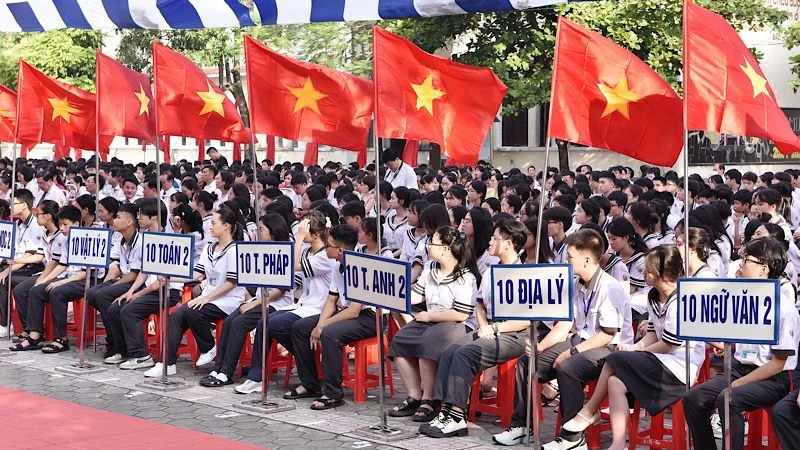
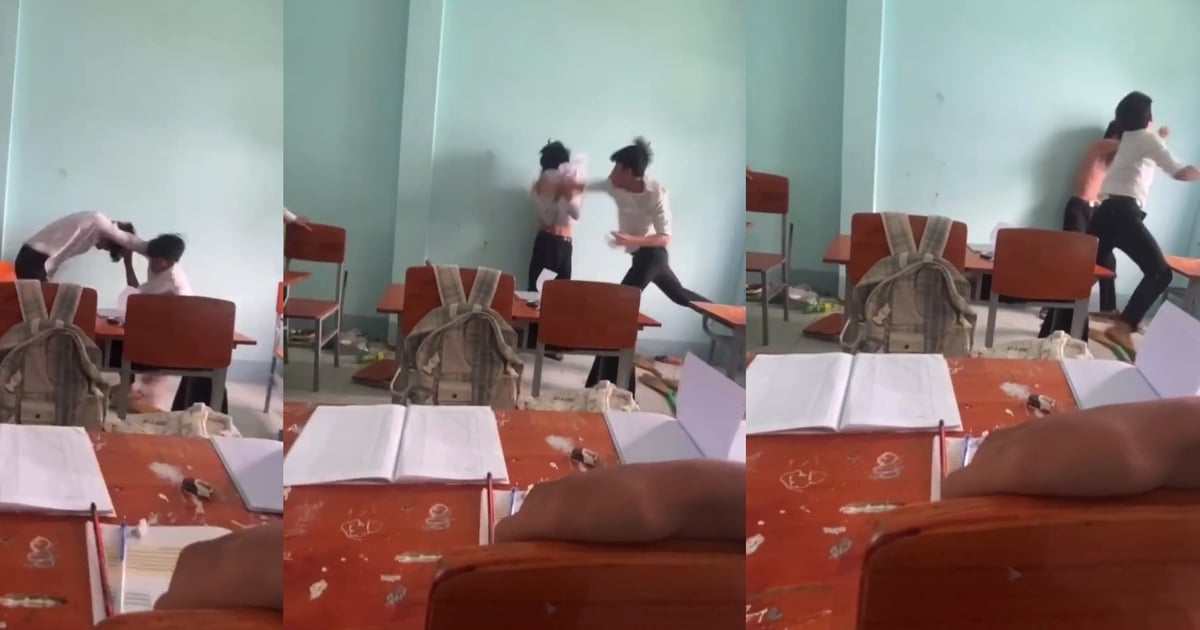
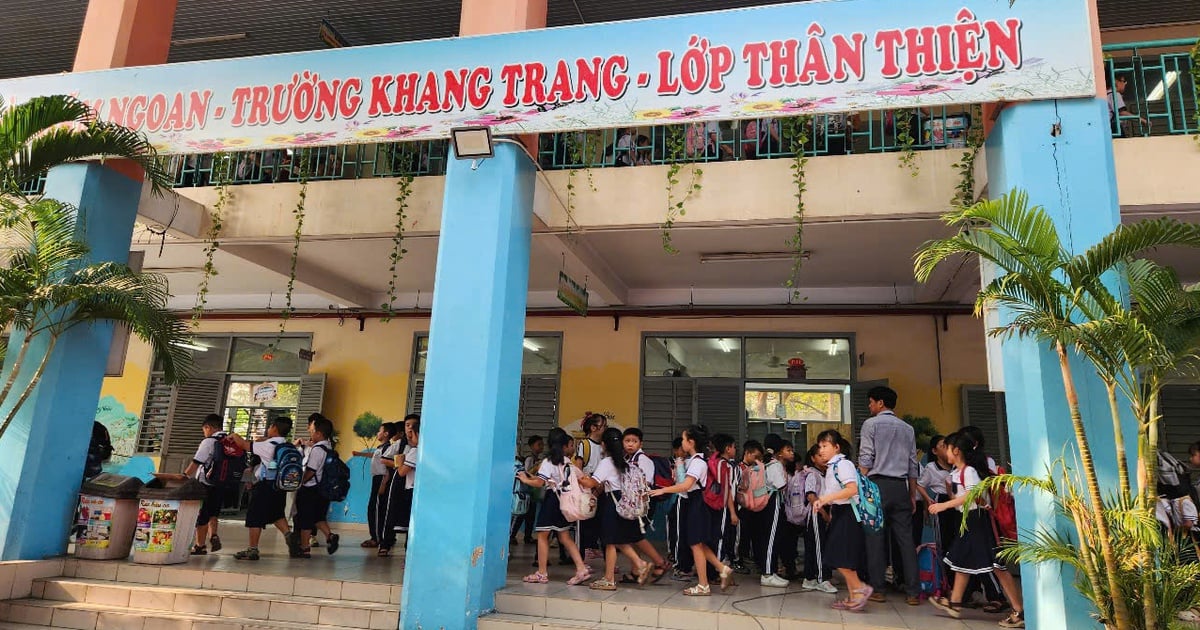
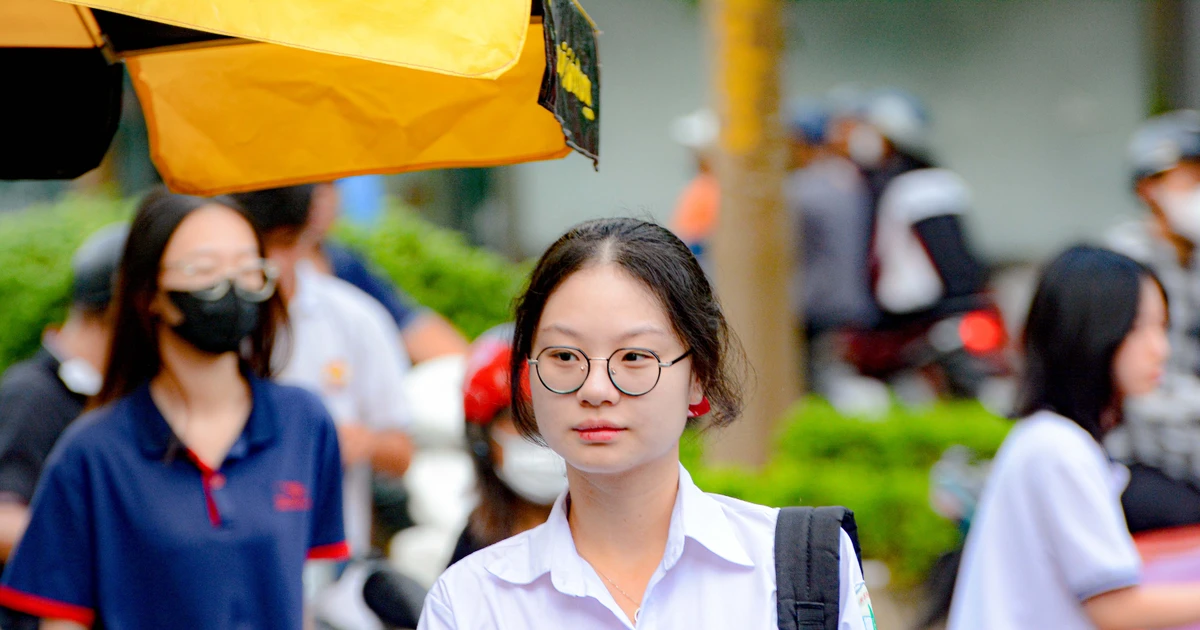
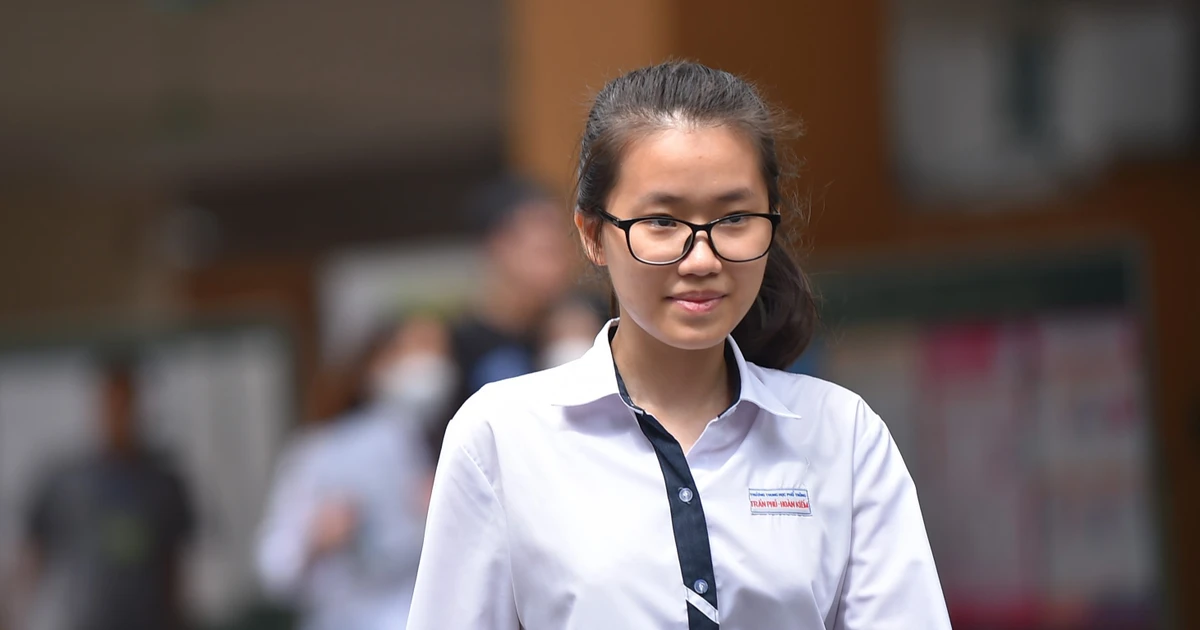




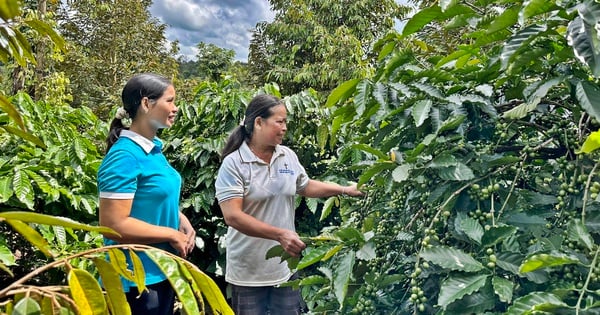
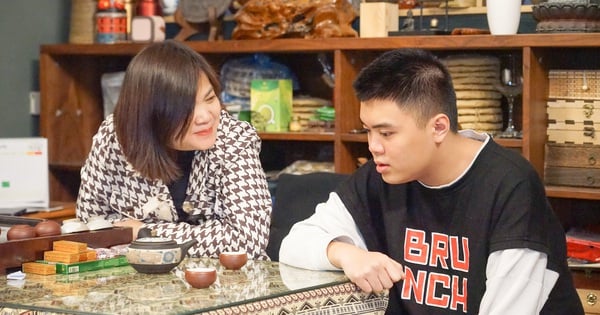


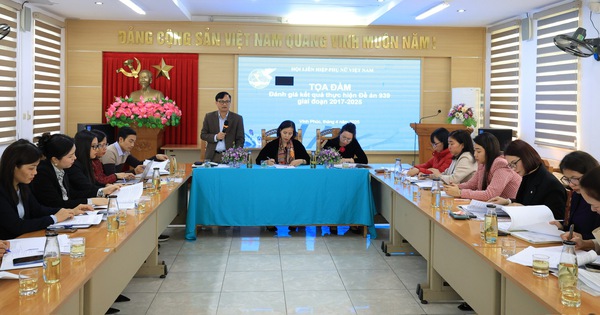














































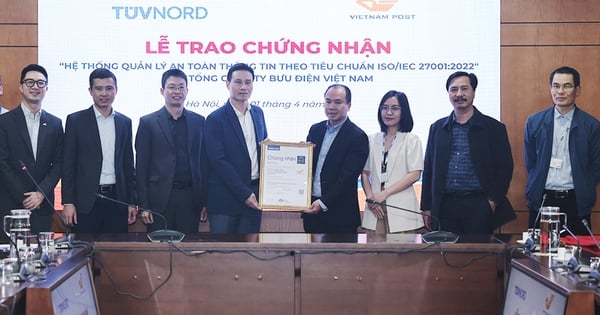

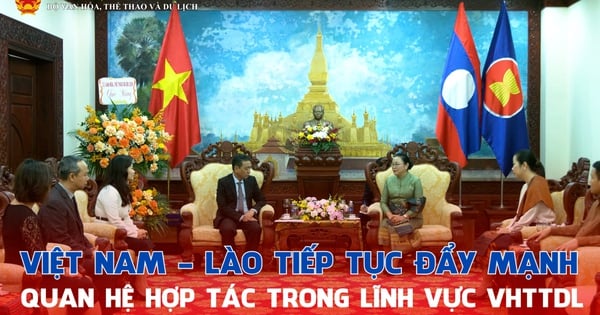
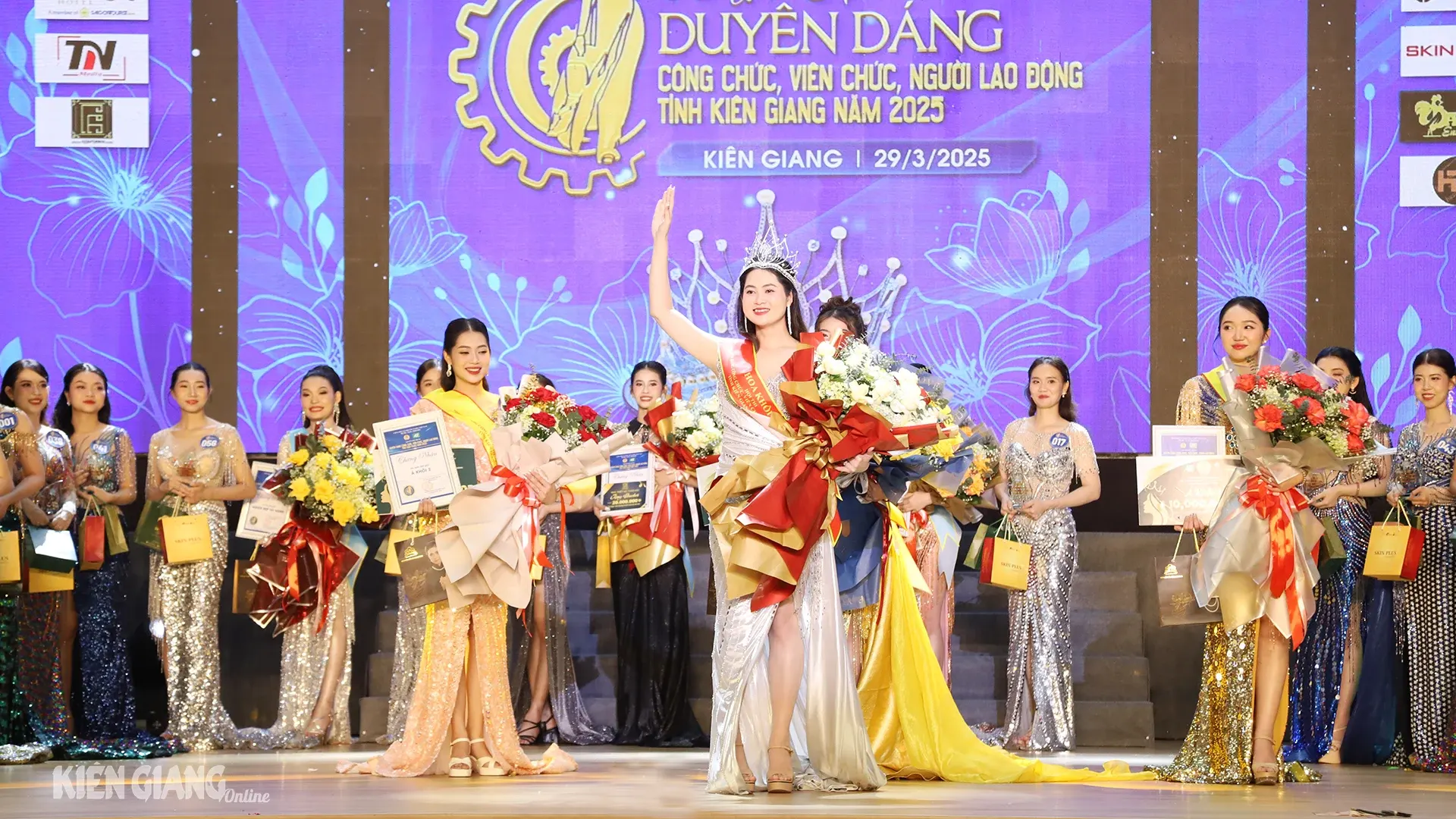

![[Podcast] News on March 27, 2025](https://vstatic.vietnam.vn/vietnam/resource/IMAGE/2025/4/2/de589137cda7441eb0e41ee218b477e8)
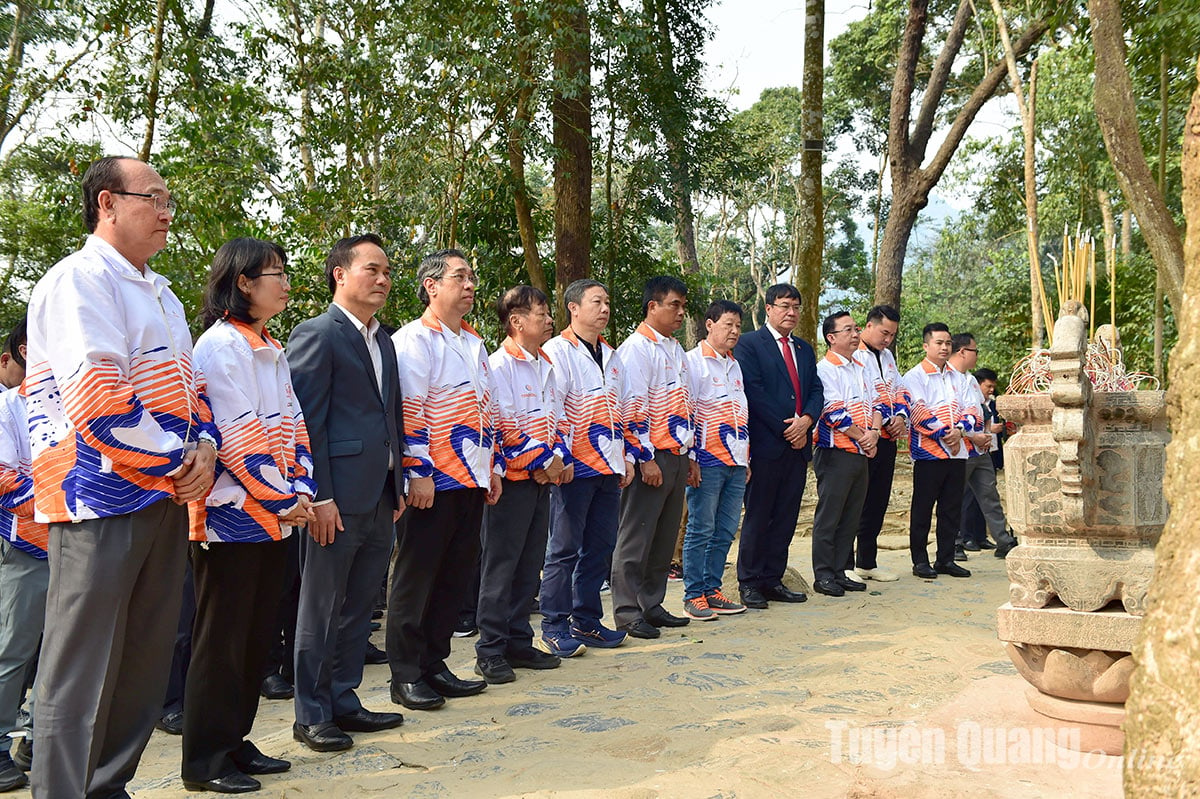
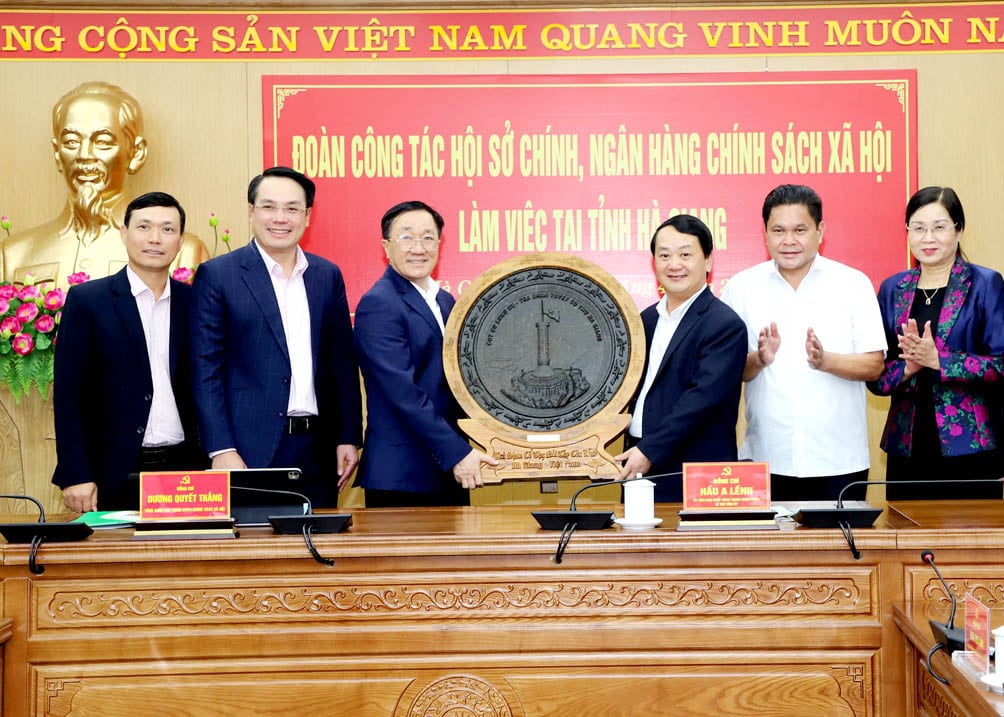
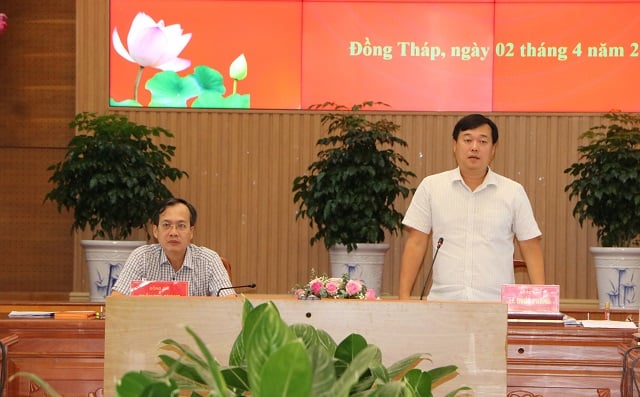
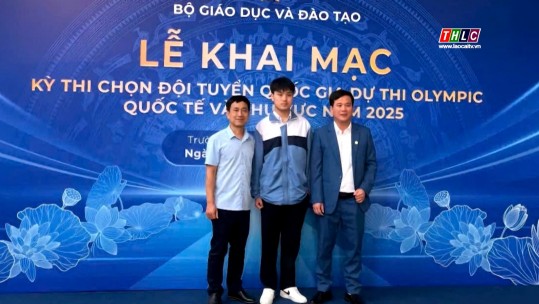












Comment (0)